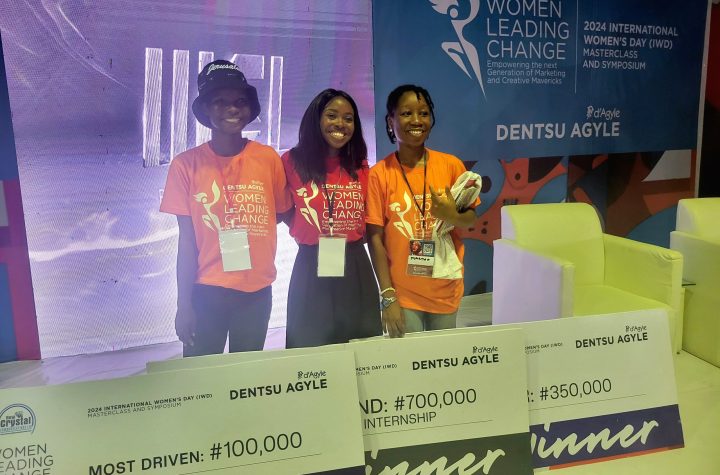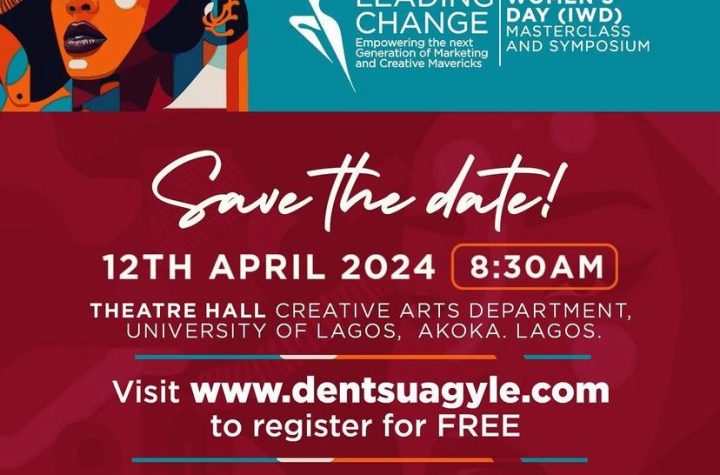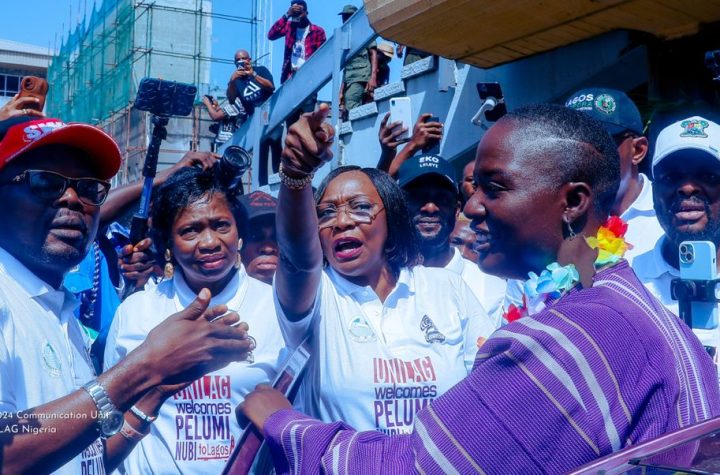
Favour Olusola
…how can youths birth the new Nigeria?
Yesterday, the aphorism, ‘Youths are the leaders of tomorrow’ was the mantra that generations have made eternally true and relevant, but the proverbial tomorrow is today. There is a sandwich which we must all bite from.
Since independence, Nigeria has faced a myriad of problems ranging from census crisis, electoral crisis, debts, revenue allocation, inflation, tribalism, security threats, civil war, amongst others, many of which have threatened the country’s existence and sovereignty.
The recent economic downturn has made many go through untold economic and financial hardship. Although, the Presidency has in various times said that its administration has facilitated an improvement in the nation’s economy and also improved the lives of the citizens by lifting millions out of poverty, this is an illusional accomplishment as this claim conflicts with Nigeria’s unenviable reputation as the world’s ‘poverty capital’.
In the last few years, stories that have conveniently sat at the front page of our dailies are tribal conflicts, Herdsmen killings, Genocidal threats, Twitter ban, Issues bordering on VATs, Northern Insurgency, and Continuous debt from our Chinese friends — a special breed of goats that don’t eat yam, and in all these, young people are still underrepresented in governance.
It has been 61 years since independence and 22 years of democracy, but Nigeria continues to wallow in the mud of uncertainty, drowning many who have lost faith in its recuperation. While there are echoes from patriots who believe that the young generation should be allowed to birth a new Nigeria, the existential question remains how?
All over the world, youths are prime movers of change, development, and civilization. Many have made history as world leaders, peace advocates, and global shapers who spearheaded radical activism and demonstrated innovative and inventive thinking. The future of any nation is only as bright as its youths, hence, as a significant percentage of the country’s population, they cannot be undermined.
According to the United Nations, Nigeria’s population is young and fast-growing. Almost 70% of its population is below the age of 35. This dynamism has pronounced the urgent need for young people to be represented in the country’s political systems.
Yesterday, the aphorism, ‘Youths are the leaders of tomorrow’ was the mantra that generations have made eternally true and relevant. It is however worthy to note that the proverbial tomorrow is today and every young person must take a bite of the reality sandwich. More than ever, it is pertinent for more youths to lead conversations, movements and become active advocates for a new Nigeria.
The last few years have witnessed young people lead notable campaigns and movements that demand inclusivity, polity, and good governance. The most notable and effective was the ‘Not Too Young To Run’ campaign.
This movement in 2018 advocated the constitutional inclusion of young demography in national leadership by lowering the age limits for political office from 35 to 30 years in the Senate and 30 to 25 years in the House of Representatives and State House of Assembly.
While this is a laudable achievement for youths, there are still other limiting factors; discrimination, poverty, limited employment prospect and opportunities in various sectors, quota system, and high cost of political nomination forms. These deter youths from actively participating in governance.
Similarly, the #ENDSARS movement in October 2020 swept through the country as youths became vocal in demanding the unbundling of the police unit notorious for engaging in illegal acts such as extrajudicial killings, extortion, and torture amongst others.
The movement became an opportunity for the country’s young population to demand justice and good governance. This is reflective of the patriotic spirits of the youth and their yearning for change, accountability, and responsible governance.
From all indications, Nigerian youths are ready to lead. They undoubtedly can trigger positive changes through nation-building and could play a significant role in achieving national development. Young people are full of exuberance, creativity, enthusiasm, and energy, and fueled by their insatiable aspirations.
Despite some of these notable movements, there are huge inclusion gaps to be bridged in policy and decision-making processes. This puts a responsibility on the government to ensure that youths are not just passive participants on a table they are meant to lead.
UNDP noted that young people can engage in peace-building, leading non-violent revolutions, and using new technologies to mobilize societies to bring about change. Young people have demonstrated the potential to build bridges across communities by working together, helping to manage conflict, and promote peace.
As the steady progression of time, and the need for democratic transition, eases out the generation that has helmed affairs for decades, let us examine how youths can birth a New Nigeria;
Capacity Building and Entrepreneurial Thinking
While youths may seem ready, there is a need for government and corporate citizens, organizations inclusive, to bridge the knowledge gap by investing in good education and capacity building. On the other hand, youths need to take up initiatives, reskill and upskill, to contribute to the sustainable development of the country. Workshops, seminars, leadership training, etc. will build their mental capacity for societal development.
With under 40 CEOs such as Linda Ikeji, Uche Pedro of Bella Naija, Olugbenga Agboola, Odun Eweniyi, Abasi Ene Obong, JJ Omojuwa, amongst others who are beating odds, building substance from relative obscurity and contributing to the growing ecosystem through entrepreneurial thinking, there is a need for more youths to take initiatives.
Political Participation
Youths should not only be umpires in public sphere spaces when fouls are committed in politics and national affairs, but also play active roles in government and policy formulation. They should use their exposure and knowledge to build political structures that have ideological direction, establish pressure groups that make leaders accountable, and get approval for developmental policies through skilled lobbying and negotiations, peaceful protests, and public debates.
Preserve Ancient Heritage
In the face of a fast-paced Globalization and development, youth should ensure that age-long culture and traditional heritage are preserved and protected as this could inadvertently play a huge role in nation-building in the long term.
Partner and Champion the SDGs
For any development, there is a need for strategic partnership and this is particularly true in our developing clime. Young Nigerians should champion and upscale social impact schemes in line with the Sustainable Development Goals. To achieve this, there will be a need to foster partnerships with the government and various corporate organizations.
Our national anthem encapsulates the idea that youths are the leaders of tomorrow when it prays that youths know the truth, grow in love, stay just, and are well guided in their efforts to build our dream nation. This is our creed for a new Nigeria!





More Stories
UMCAA organises free 3-day workshop
MCSAites, Others Emerge Winners at Dentsu Agyle Business Pitch
D’Aglye to Hold Symposium for UNILAG Female Students